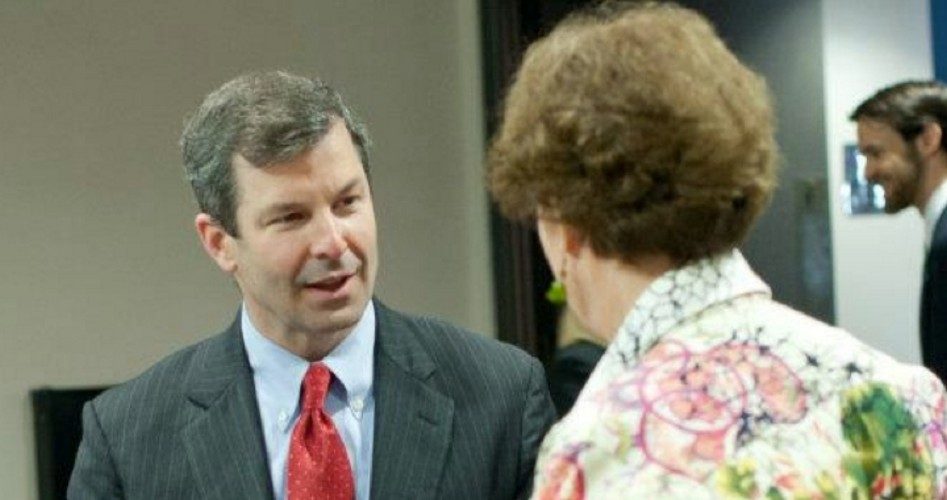
The Texas House of Representatives will convene the 2013 legislative session on Tuesday, January 8. One if the first items of business will be electing a speaker of the house. Representative Joe Straus (R-San Antonio), who was the speaker in the previous legislature, still appears to be the favorite, but the recent challenge by Representative David Simpson (R-Longview) has been gaining momentum.
In a letter dated December 27 and sent to all members of the Texas House of Representatives, Simpson appealed to the frustrations experienced by legislators during sessions. If elected speaker, Simpson promised:
As Speaker I will also strive to give the Members a reasonable and predictable work schedule. We have come to accept the wasted hours — especially at the beginning — and the feverish and frenetic pace toward the end of the session. It does not have to be this way. We should meet and finish on time and not simply stop the clock so that we appear to meet as the rules and Constitution require.
Simpson further promised to reverse the centralization of power in the hands of the speaker, saying:
Presently, only 28% of the total number of committee positions are chosen by the Members based on seniority. By increasing the number of seniority positions available, we would be adding positions for the less senior Members. The speaker should still appoint the majority of the committee positions, but it need not be the current 72%.
Simpson also promised to increase the openness of the legislative committee process:
I also advocate requiring those conference committees that are authorized “to go outside the bounds” to actually meet in public and notify the press, etc. and fulfill the spirit of already-existent Rule 13, Section 7. The intent of this change would be to ensure that all policy is implemented openly, publicly, and with the knowledge of Members not on the conference committee.
The New American contacted Representative Joe Straus’ office, and a spokeswoman said Representative Straus has not issued any press releases regarding the speaker’s contest.
Simpson made national news two years ago when constitutionalists in Texas and other states rallied in support of Simpson’s anti-groping bill. It would have outlawed touching of people’s private parts in the name of security unless the law-enforcement person had probable cause that the person being searched had committed an offense. Support for this bill led to similar bills being submitted in other state legislatures.
The anti-groping bill failed to pass in the Texas Legislature but not because it was ever defeated in a floor vote. The bill was originally bottled up in committee and was brought to the floor only after committee members were flooded with letters and phone calls from citizens. The bill failed to pass largely because it emerged from the committee too late in the session and encountered bureaucratic obstacles.
Those who would like to read further details of the complicated bureaucratic processes that kept this bill from passing both in the regular session and special session that followed can read the following article from The New American online here.
Photo of David Simpson



